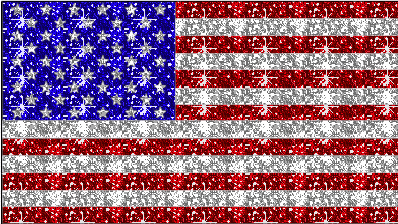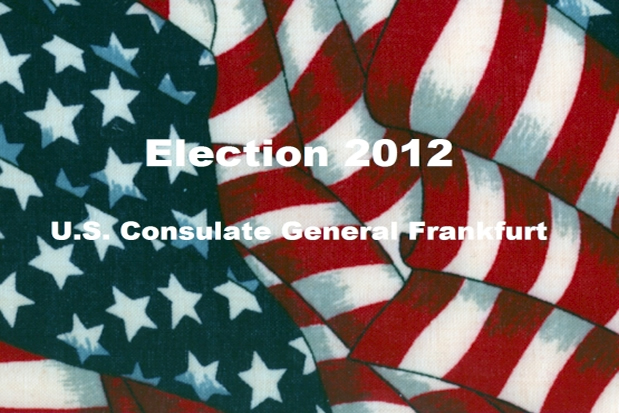|
 |
|
| The electoral system and the role of the President | |
On November 06, 2012 the United States of America will elect a new President. The current President, Barack Obama, who runs for the Democrats is the 44th President of the United States and will compete against the Republican Presidential Nominee, Mitt Romney. Not just the American President´s field of responsibility differs from the one the German Federal President has to take care of. ( The American President is unlike the German Federal President also the head of the government). The election of the American President takes place every four years on Tuesday after the first Monday of November. The presidential electors thereby personify the ordinary citizens as their representatives. The 538 presidential electors are assigned to the 50 states and Washington D.C (three presidential electors). This distribution complies with the distribution formed in Congress and results in the fact that the distribution is not deducible from the density of population. In order to be elected President of the United States of America, one has to reach a quorum of 270 presidential electors. The presidential electors are divided in accordance with the „first-past-the-post-system“ meaning the party with the most votes in a state to receive the votes for all its presidential electors. (for example: California, 55 presidential electors.
After the result of the counting is accredited the presidential electors meet the Monday after the second Wednesday in December and cast their vote to determine the President. On the sixth of January of the following year the result will be officially announced, followed by the swearing-in ceremony on the 20th of January. Consequently about three months passed from the election until the swearing-in ceremony of the president. The president can be re-elected once, which sets the frame for a presidential term limited to eight years at most. The President’s field of functions : He combines the political positions of : As the Head of Government, he sets the policy guidelines for the United States of America. Moreover he leads the political cabinet appointing and dismissing the various ministers. He holds the power to interfere in a political decision using his right to veto against the opposition if the congress refuses a legislative initiative with a two-third majority. The legislative initiative becomes valid only after the President ratifies it. The President does not possess the right to initiate a law and therefore introduces his bills by a member of parliament from his party. Due to the fact that U.S. citizens elect all 435 members of the U.S. House of Representatives two years after the presidential elections the President might loose the majority of votes in congress leading to a situation where both political institutions (President & Congress) have to come to an arrangement concerning decisions. This is based on the fact that the President holds virtually no power without the Congress. Especially when budgetary matters are discussed, this phenomenon can be observed for the simple reason that the Congress itself sets the budget and fundings. If the Senate officially recognizes a penologic lawsuit induced by the Congress the President has to resign. Nevertheless, it is not possible, unlike in Germany, where it is legitimate, to vote the President out of office for political reasons, such as his policy guidelines. As the Head of State, he represents the highest office, he welcomes other Heads of State, appoints diplomats and federal judges (with the approval of Senate) and negotiates treaties with other countries. As the Supreme Commander of the Armed Forces, he is in command of military operations (e.g. the killing of Osama Bin Laden), responsible for the reconstruction in a state of emergency (e.g. in case of a natural catastrophe). However, he is not able to declare war, only congress is entitled to do that. The deployment of nuclear weapons requires the President’s approval without further consultation with the Secretary of Defense. The decision is made autonomously by both political institutions. |
|
WebCo,
03.11.2012 |
|
